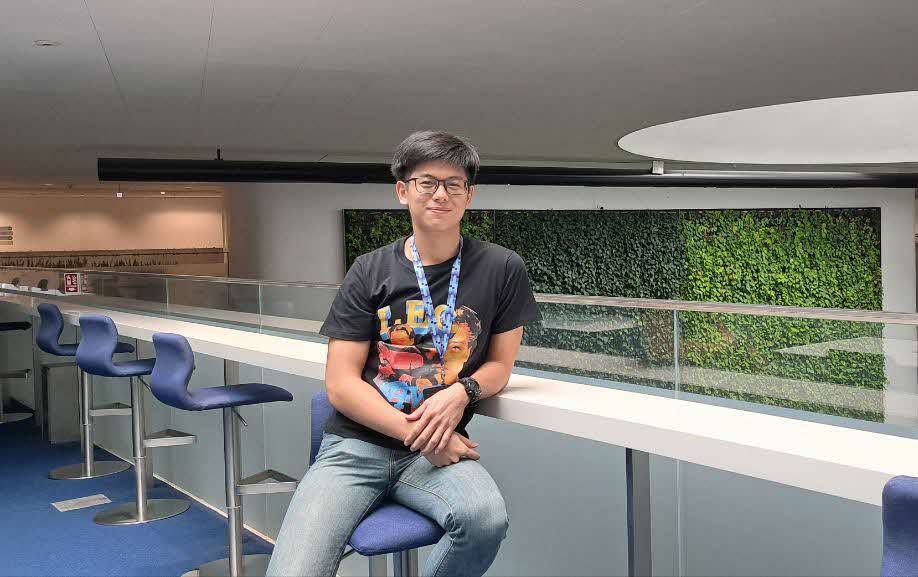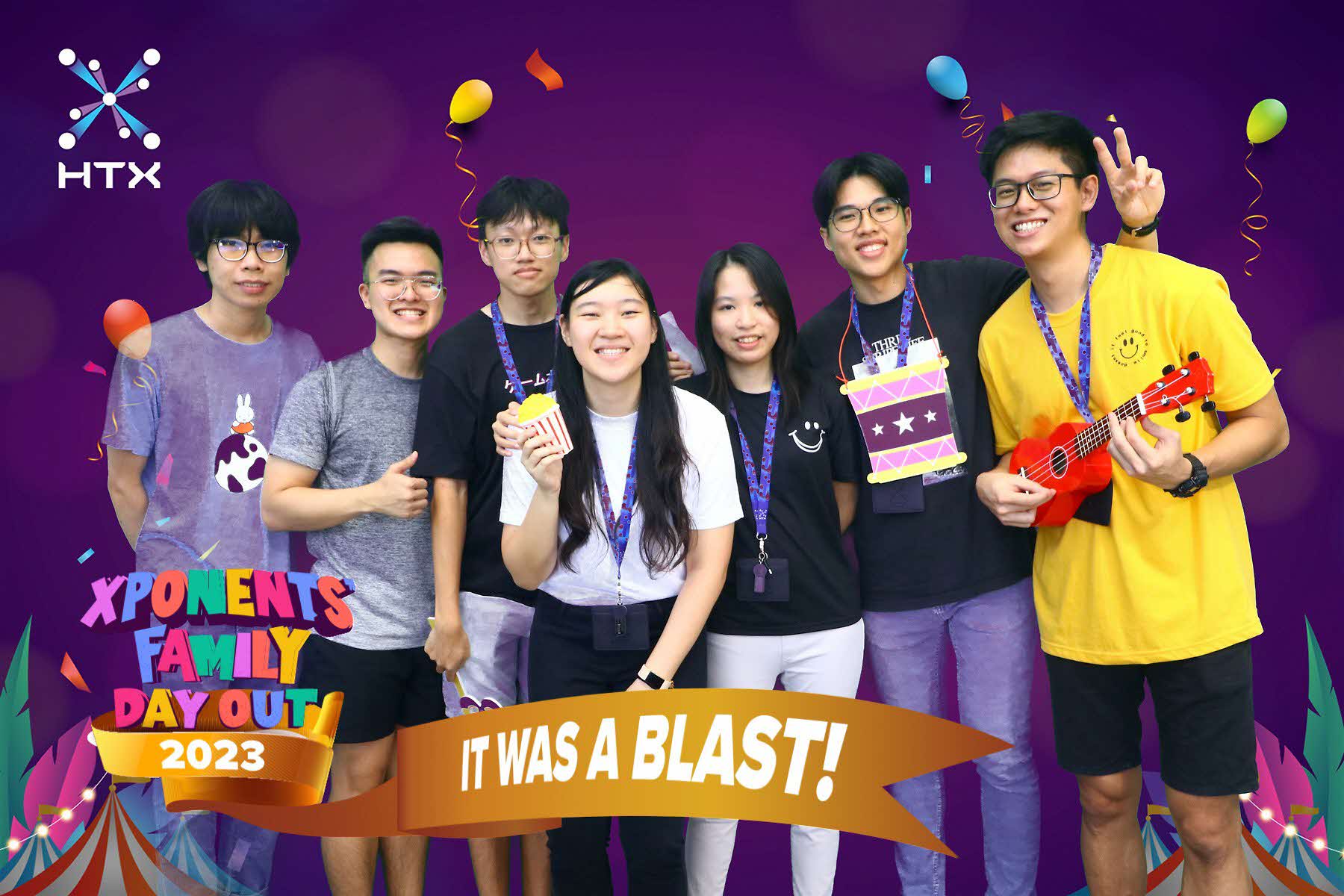
(Photo: Alphaeus Ng)
From game world to real world
Alphaeus’ fascination with artificial intelligence (AI) started when he came across computer programs that could outplay professional human players at video games and strategy board games.
The intern used to be quite the avid video gamer when he was younger and spent most of his time playing Dota 2, the science-fiction battle arena game. He would also spend hours watching recorded matches of professionals playing StarCraft II, the military game set in the distant sector of the Milky Way galaxy.
When AlphaStar, a computer program trained to play StarCraft II, achieved Grandmaster status in 2019 after being ranked within the top 0.15% of the game’s 90,000 players, Alphaeus was in complete awe. How were machines able to process data like the human brain?
The answer is Deep Learning – the AI method used by Google DeepMind to train its AlphaStar bots. These AI bots take data from real-world replays to accurately reproduce the actions of human players. Through observing and imitating human behaviour, they pick up both micro and macro tactics to effectively defeat their opponents. Talk about the pupil surpassing its master.
The young video gamer also has a passion for strategy games such as chess. He recalls having a knack for them. “It used to be quite easy to beat video game bots in the past. Even I managed to outdo some of the “toughest” ones,” Alphaeus said. But as AI has become smarter and more sophisticated over the years, its ability to outwit even the best of us comes as no surprise.
Alphaeus was greatly impressed by AlphaGo, another computer program developed by Google, which plays the two-player strategy board game “Go”, where players try to “capture” more territory than their opponent with black and white stones on a grid. It was the first program to ever defeat a human professional back in 2015.
“When I saw how amazing AI programs such as AlphaGo and AlphaStar could ‘think’ and even outplay top pro-gamers, I was enchanted,” Alphaeus said. “It’s what influenced my decision to pursue Computer Science in university and find out how AI works.”
Deployed on the ground and online
The 24-year-old joined HTX as an AI Developer intern at the Chemical, Biological, Radiological, Nuclear, and Explosives (CBRNE) Centre of Expertise (CoE) in January this year to continue his journey to learn how AI thinks.
At CBRNE, he works on various tasks in the development of AI models that revolve around the complete AI model training pipeline. His work requires him to be on the ground and behind the computer.
When dispatched to Tuas port, Woodlands Checkpoint, or Changi Airport, he handles data collection and the planning and staging of threat items in specific mediums.
“It’s an experience to be able to go to the various Immigration & Checkpoints Authority (ICA) ports and checkpoints that are not accessible to the public and see how ICA keeps our borders safe behind the scenes,” he said.
Other times, he is in the office behind a computer dealing with data annotation, cleaning, organisation, and transformation. That’s the part where he gets deep into learning what makes AI “intelligent”.
“I train and test AI models,” he shared. “When applicable, I develop Python scripts to automate various stages of the process and document them.”
The scripts contain algorithms – instructions that trigger programs to perform specific tasks. What makes AI intelligent, however, is when a computer or program can change, adapt, and grow its algorithm based on new inputs of data. That’s when it seemingly takes a life of its own to make “its own” decisions.
Automation is the future
As scary as it sounds, technology isn’t the enemy when we use it to work for us. Constructing scripts to automate various tasks is a method that Alphaeus uses to improve his efficiency at work, and one that he enjoys. It’s also one of the ways he spiced up the mundane task of consolidating information into PowerPoint slides. Instead of manually inputting images and texts for each slide, which he found quite laborious, he automated the presentation-building process by investing time and effort into script development.
“Presentation automation helps to eliminate the need for tedious and repetitive manual work. I realised that the complicated task of consolidating information from multiple sources into a PowerPoint could be streamlined, and this helped speed up my work process,” he said.
Do you speak fluent AI?
While you can automate processes, you can’t automatically speak a new language without first learning about it. “YOLOv7,” “Detectron2,” “SSIM”, and “FFT” were all alien terms to Alphaeus at the start of his internship. Familiarising himself with these algorithm model names was a hurdle he had to overcome to become more well-versed with the world of AI.
“The challenges I came across during my internship were mainly trying to understand foreign terms, particularly within the realm of Computer Vision, an AI field that enables systems to derive meaningful information from visual input like images and videos,” he said.
Alphaeus did his own reading to understand the new concepts, and he also looked to his mentors, Teo Soo Kng (Principal Engineer, Image Analytics, at CBRNE Threat Scanning Technology & Analytics) and Ken Yoon (Engineer, at CBRNE Threat Scanning Technology & Analytics), for help to break down complex topics. “I really appreciated their guidance that aided my understanding,” he said.
Between rookie and commander
Alphaeus also appreciates the way both Soo Kng and Ken actively created learning opportunities for him and the other CBRNE interns.
“They understand that part of building up an AI model requires methodical, simple data collection and annotation, which doesn’t provide other avenues for learning more about AI itself. To balance that out, they give us creative challenges. For instance, they pose open-ended questions on existing AI models, or challenge us to implement different techniques for transforming images like X-ray image threat detection.”
When asked to describe the style of mentorship of his mentors, Alphaeus commented that it’s one of openness and collaboration.
“Soo Kng believes that regardless of whether you’re an intern or superior at work, one earns respect rather than demands for it,” Alphaeus said. “In his own words: Rank is given, respect is earned. I see him walking the talk in the workplace so that’s something I admire about him.”
Navigating the terrains of internship life with buddies

Alphaeus and his intern friends at HTX’s first ever Family Day Out event. (Photo: Alphaeus Ng)
Teamwork is also something that Alphaeus values in his internship. “A bunch of other interns started around the same time as me and we hang out often. I’m blessed to have a group of like-minded friends to work with,” he said.
"This internship met my expectations and exceeded it in other ways. It provided me with the sufficient exposure I wanted in the field of AI. On the other hand, the fun work culture, great colleagues, good work-life balance, and great office environment exceeded my expectations, so that was awesome."
Other than working hard together, they play hard together too. On their breaks, you can probably find them playing the Japanese arcade game, Bishi Bashi, at HTX’s recreation area beside the Milky Way office café. Together, they’ve managed to rank at the top with the highest score!
Endgame thoughts
For strategy game lovers like Alphaeus, video games and board games aren’t just games for entertainment. They are simplifications and abstractions of real-world problems that allow him to flex his mental prowess and hone his ability to think out of the box – skills that Alphaeus found he could apply both at school and at work.
When asked to rate his internship experience out of 10, he gave it a solid 8.5. “I would say this internship met my expectations and exceeded it in other ways,” he said. “It has provided me with the sufficient exposure I wanted in the field of AI. On the other hand, the fun work culture, great colleagues, good work-life balance, and great office environment exceeded my expectations, so that was awesome.”
To Alphaeus, there’s still so much more to understand about AI. “I haven’t rated my internship full marks because I’m interested to explore the technical depth of AI further,” he said. “But that’s another journey of mine to make in the future.”
Click here for internship opportunities with us!
We are always seeking inquisitive and innovative individuals to co-create extraordinary solutions with us.
Join us to be at the forefront of the finest tech capabilities in the field! Join Us

